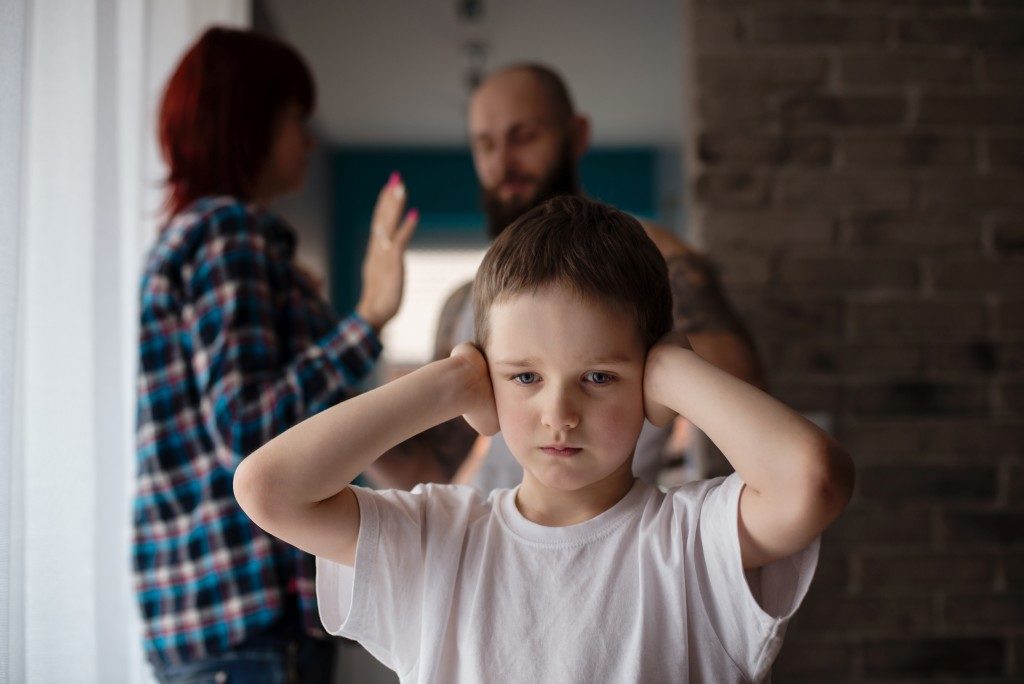In the past, the legal system assumed that mothers were the best caregivers. As such, mothers had the upper hand in child custody cases. However, this is not the situation nowadays, and both parents have an equal chance of winning child custody. The courts primarily base their decision on the child’s best interest.
In Utah, a child custody attorney can help you pursue two primary forms of child custody. These include joint and sole/full custody. In full custody, one of the parents will spend more than 60 percent of parenting time with the child. In joint custody, on the other hand, the child’s time is split between the two parents on a 40-60 percent basis. Though courts try as much as possible to ensure that both parents have a presence in the child’s life, there are times when joint custody will not work. The following are some of the legal grounds that might encourage you to seek full child custody:
Unfit Parent
The legal definition of what constitutes an unfit parent differs between states. Neglect, drug addiction, mental illness, failure to give the child proper care, and any form of abuse are the most common grounds for declaring a parent legally unfit to care for a child. If your child’s other parent meets any of these requirements, you can be awarded full custody once the court establishes that a continued relationship with him/her is detrimental to the child.
Absent Parent
According to the law, an absent parent is the one who does not maintain contact with and consequently abandons a child for whatever reason. Phone call records and records of other forms of communication will help you prove the lack of connection between your child and another parent. The court can reassert the rights of an absent parent after awarding you full custody if he/she turns up later.
Fighting Parents
Children brought up in abusive environments have been proven to suffer from various emotional or mental issues. As such, if you are always fighting or cannot get along with the other parent, the court will award one of you full custody to avoid a toxic environment for the child’s rearing. The more reasonable parent between the two of you will usually be granted full custody.
Child Preference
The courts will also consider your child’s choice as grounds for sole custody. However, this is evaluated along with other factors to sway a judge’s decision. The judge speaks to the child in private to understand his/her reasons for wanting to avoid one of his/her parents. In most states, there is an age limit for considering a child’s preference when awarding sole custody.
In the end, these legal grounds are unfortunately not enough for you to win full child custody. You need to remember that your courtroom demeanor, a reasonable attorney, and the right documents are also essential to strengthening your case. Keep your composure in court and avoid casual outfits so that you come across as the best option for your child’s upbringing.
